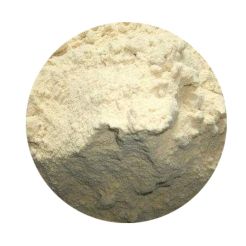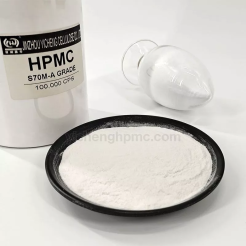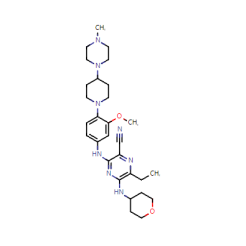maximizing biogas production with anaerobic granular sludge
Product Description
Biogas production has gained significant attention as a sustainable energy source, offering a viable alternative to conventional fossil fuels. One of the key components in maximizing biogas production is the use of anaerobic granular sludge. This article explores the potential of anaerobic granular sludge and provides valuable insights into optimizing biogas production from organic waste.
1. Introduction: The Significance of Biogas as a Sustainable Energy Source
Biogas, a renewable energy source derived from the anaerobic digestion of organic matter, holds immense potential in mitigating greenhouse gas emissions and reducing dependence on fossil fuels. It consists primarily of methane (CH4) and carbon dioxide (CO2), with trace amounts of other gases. Biogas can be utilized for electricity generation, heating, and as a transportation fuel. However, to maximize its production, optimizing the anaerobic digestion process is crucial.
2. Understanding Anaerobic Granular Sludge
Anaerobic granular sludge is a key component in the anaerobic digestion process. It is a complex microbial ecosystem composed of various microorganisms, including bacteria, archaea, and protozoa. These microorganisms work synergistically to convert organic compounds into biogas through a series of biochemical reactions. The granular structure of the sludge provides a high surface area for microbial attachment, facilitating efficient digestion.
3. Benefits of Anaerobic Granular Sludge in Biogas Production
Anaerobic granular sludge offers several advantages in biogas production:
a. Enhanced Digestion Efficiency: The unique structure of granules promotes better mass transfer, allowing for improved degradation of organic matter and increased biogas yield.
b. High Organic Loading Tolerance: Granular sludge exhibits robustness against variations in feedstock composition and organic loading rates, enabling stable operation even under fluctuating conditions.
c. Reduced Process Footprint: Compared to conventional suspended biomass systems, anaerobic granular sludge systems require smaller reactor volumes, making them more space-efficient.
Click here to learn more about maximizing biogas production with anaerobic granular sludge




